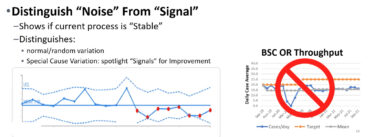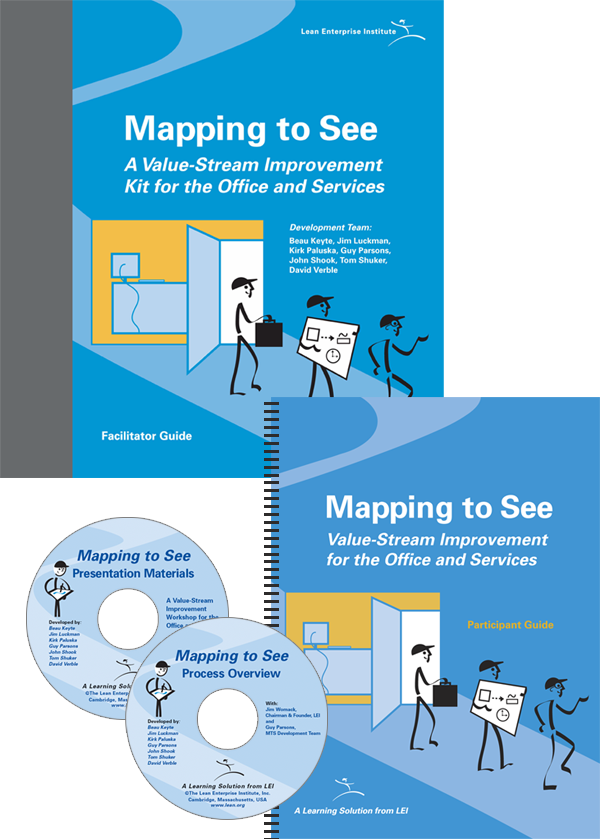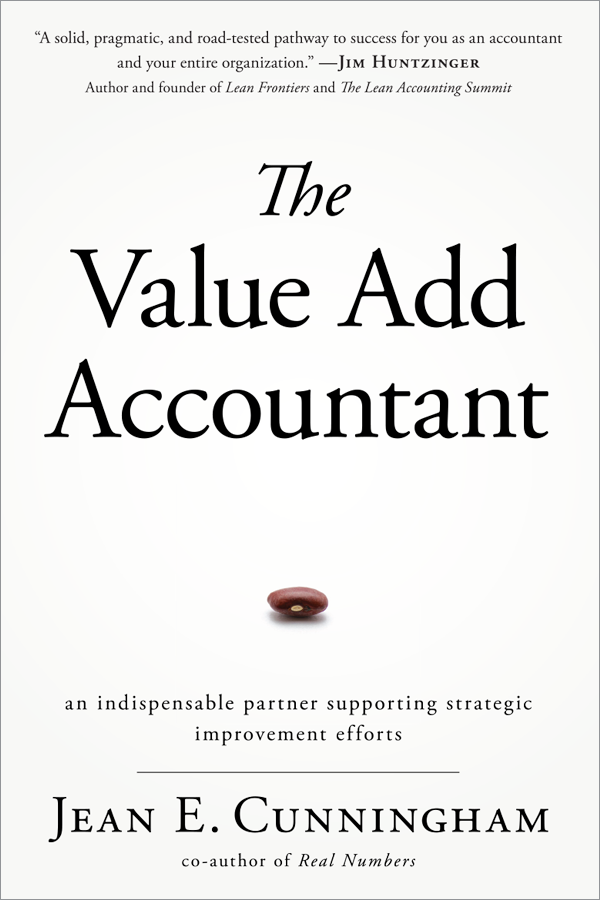“The director Jim Jarmusch once told me, ‘Fast, Cheap, and Good… pick two. If it’s fast and cheap, it won’t be good. If it’s cheap and good, it won’t be fast. If it’s fast and good, it won’t be cheap. Fast, cheap and good… pick two words to live by.'” -Tom Waits
Every few weeks I receive an SMS from an optometry chain, where once I gave into temptation and bought a pair of glasses on sale. This week I was informed about a “Once a year sale! 66% reductions on the entire store!”
If it’s only once a year, I thought to myself, why does this announcement feel so familiar? And if they can reduce the price by 66%, why should I pay full price the rest of the year? Am I buying a sale or a pair of glasses? Maybe this is actually a sign of trouble. Maybe the chain has built up a surplus supply that is weighing down their cash flow, and they are throwing out the merchandise at any price. If I’m looking for cheap glasses, I should wait a few weeks, when the discount will be 77%, or maybe until there’s a closing sale for the entire store.
I decided not to give in to the manipulation. Choosing a pair of glasses involves subjective personal and emotional considerations. When I need glasses, I look for the right optometrist so that I can choose a frame that suits my face, the way I feel, my age, my status, my self-image. If I give in and buy on sale glasses that aren’t right for me, how will I be able to walk around in public with the sign of my failure perched on my nose?
The minute I realize my mistake (which is what happened to me when I bought that pair on sale!), I’ll shove them deep in a drawer and look again for glasses that suit me (this time at full price).
I’ve made it a habit to avoid the trap of businesses that depend on customers who forget to cancel the service that is offered to them for free for a trial period. And yet, despite my refusal to give my credit card number to a telemarketer for a certain economic newspaper so that I could get the paper free “for a month’s trial,” I was surprised to find the paper on my doorstep every morning. A month passed, and, in a moment of inattention, I received a call from an unidentified number:
“I’m delighted that you have become a loyal reader of our newspaper…” the salesman told me.
“Not a reader and certainly not loyal…” I responded.
“I just need your credit card number, and you’ll continue to receive the paper regularly…” he said, ignoring the reservation in my voice.
“Excuse me, it seems you weren’t listening. I don’t read the paper… It’s not clear to me why you continued to send it to my house without any commitment on my part.”
We ended the conversation with the salesman feeling disappointed, but to my surprise, I continued to receive the paper regularly!
This went on for three months. The pile of papers was getting annoying. Instead of feeling confused about this daily “gift,” I was upset. I was sick of having to take the paper to the neighborhood recycling bin, I felt bad about the trees that being cut down for no good reason, and I didn’t (still don’t) understand the wastefulness of the publisher’s money. The publisher is supposed to know a thing or two about economics, business, and management, right? What is the rationale motivating the managers of this paper? In my next conversation with the salesman, I was more forceful: “I demand that I stop receiving the paper. Your gift has turned into a nuisance. Please update your CRM about this demand.” I stopped receiving the paper.
Now I didn’t learn about the collapse of the Steimatsky book store chain from that economic newspaper, but I see a connection between the two stories. In 1926, publisher Bracha Paley set up a bookstand on Rothschild Boulevard in Tel Aviv as part of “Hebrew Book Day.” In May 1958, author and poet Shlomo Tanai established “Hebrew Book Week,” and over the decades, the Hebrew Book Festival slowly turned into a campaign of garbage that entails a series of campaigns, discounts, and price reductions. The day turned into a year, the book turned into a discount (“4 for the price of 1”) and Hebrew has been completely erased. And I, after getting over my guilt feelings and getting rid of the Hebrew Encyclopedia that I had inherited from my parents, shoved so many books purchased at a discount onto my shelves that even if I double my life-span I’ll never finish reading them all.
After begging the public library or my friends to accept a gift of several crates of surplus books, I made a vow to never buy another book without making a commitment to read it, and I have asked that no one ever give me a book as a gift without checking if I’m interested in reading it.
From my experience as a consumer, I wonder how shrewd investment fund owners (the managers of the Markstone Fund) could have bought the Steimatsky chain and how they “managed” to turn a profitable cultural and business center that distributed quality books into a failed junk factory that has been busy selling commodities meant for the recycling bin. The campaigns for reduced books are likely to become the requiems at the funerals for the chain stores. The local neighborhood stores, the ones that find the salesclerks who can recommend a suitable good book, are the ones that will be standing long after chain stores and their campaigns are gone.
When I’m pushing my cart through the supermarket, or wandering through clothing stores, looking at signs offering multiple items for the price of one, I understand I am being exposed to an increasingly forceful manipulation. After several unnecessary sales purchases, I’ve learned that I’m not rich enough to allow myself to receive expensive gifts for free or to buy something just because it’s on sale. As a sophisticated consumer, I try to buy the service or produce that I need, when I need it, at a price, quality level, and purchasing experience that are right for me.
You just can’t manipulate all of the customers all of the time. The time when you could build a long-lasting market based on a strategy of reductions and sales thought up by an advertising agency and marketing departments is long-gone. Business policies based on manipulations are like the gambler’s addition to the casino; it can’t last. The price to the consumer must be set according to its suitability to the subjective value of the product or service. The deals, reductions, coupons, tricks and ploys–all of which are intended to flood the market with goods and services without any thought to their value or necessity–no longer work.
In the global market that is open to competition and the flow of information, the discount price becomes the highest price. It points to a trend that goes in one direction only. If the deal is the only value, then from there, it can only go lower, step by step, until the merchandise, growth, and in the end, the business itself, have all disappeared.





